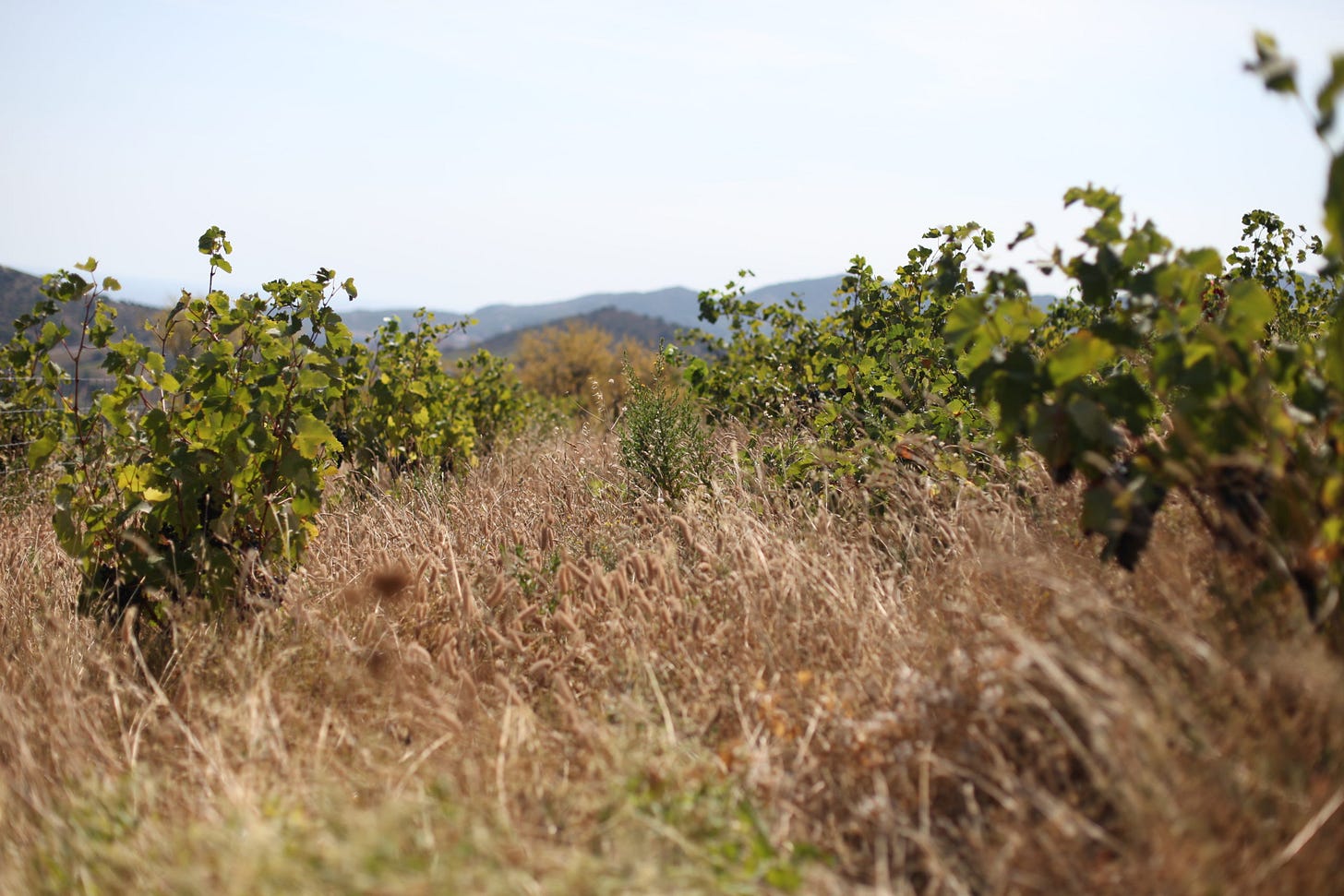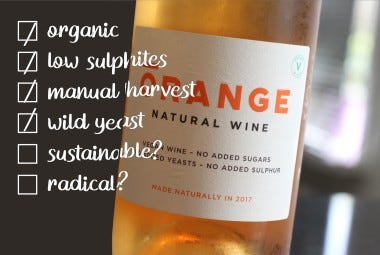Natural wine is no longer enough
Hannah argues that the new natural wine charter is a missed opportunity to make a radical statement - about how natural wine can push forward to the next frontier

So natural wine now has an official charter in France. Is it becoming a box-ticking exercise?
The syndicate did get something right, and that is that the status quo needs to change. Natural winemakers have been waving the same old flag since the 1980s. Back then, as agriculture sped full speed ahead into new tech like an army on pep, the Gang of Four’s return to old practices was radical.
But times are different now; the old way is the new normal. We understand about herbicides and pesticides and how you need great grapes to make great wine. The question for 2020 is: How to bring this movement up-to-date?
I understand that there are benefits to classifying. One is the advantage of writing the rules before someone else does. Another is that papers offer proof to people otherwise not inclined to accept what you do, think or believe. But sticking a label on something is rarely a way to generate change. Trying to stick a label on something without an endpoint is a fool’s game.
Natural wine is…
Keep reading with a 7-day free trial
Subscribe to The Morning Claret to keep reading this post and get 7 days of free access to the full post archives.




